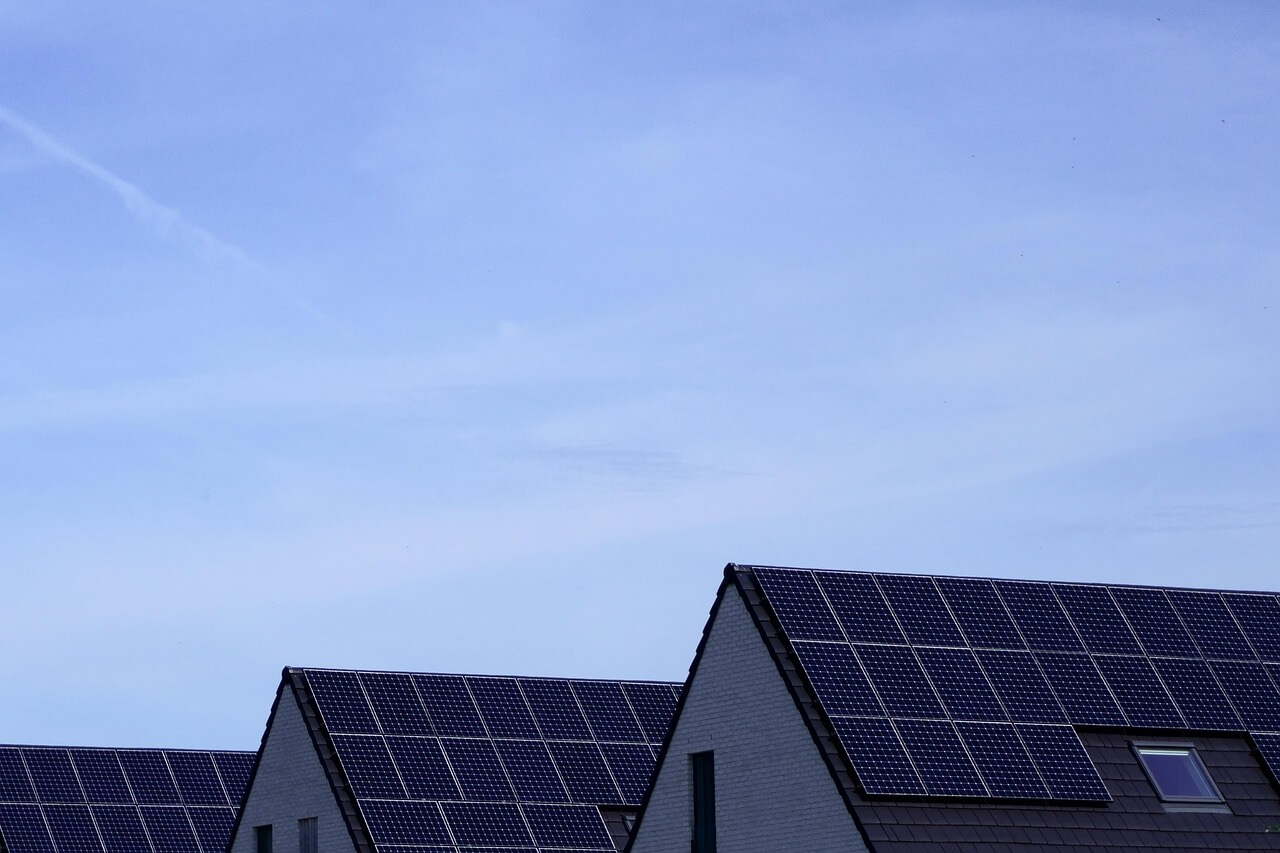The Czech lower house of parliament has approved plans to introduce retroactive cuts on FITs granted to solar installations.
This reform proposal was first introduced in October but still requires approval from the upper house to be legally binding. Under the reform, solar plants built between 2009 and 2010 will need to submit annual profitability reports to assess their eligibility for state aid.
Additionally, the scope of calculation will be extended to include the entire life cycle of solar plants, rather than just the period in which state support is granted. One provision requires energy producers to forecast and declare their revenue for the next 10 to 20 years, which implies the need to anticipate future electricity prices in the Czech Republic. This regulation will influence global PV project investors' perception of the country's investment environment. The proposed reductions could weaken investors' repayment capacity and increase default risks. In recent years, foreign companies have invested heavily in developing new renewable energy projects. However, if the Czech Republic severely undermines investor confidence, these investment projects may face implementation difficulties or even cancellation.
The Czech government has stated that it is necessary to limit state aid to maintain budget stability. Currently, the 2025 Czech national budget (yet to be approved by parliament) lacks sufficient funds to cover expenses related to renewable energy, particularly solar projects. In H1 this year, the Czech Republic added 484 MW of new PV installed capacity, basically flat compared to 487 MW in the same period of 2023.

![[SMM PV News] Armenia Hits 1.1 GW Solar Capacity,](https://imgqn.smm.cn/usercenter/qQwIB20251217171741.jpg)
![Spot Market and Domestic Inventory Brief Review (February 5, 2026) [SMM Silver Market Weekly Review]](https://imgqn.smm.cn/usercenter/tSwaX20251217171735.jpg)
